The autonomous Hyundai Ioniq concept has is on show at the Geneva motor show, featuring affordable driverless technology that could soon appear on production models.
First shown last year in LA, it uses autonomous hardware with a forward-facing radar, a three-way camera set-up, GPS antenna and blind spot detection radar, as well as laser-based Lidar technology.
The hardware includes some parts already in use on Ioniq production models for its driver assist systems, such as automatic emergency braking, smart cruise control and lane departure warning, and adds only a few extra parts.
This is a deliberate tactic employed by Hyundai in order to keep costs down, and the company says it should mean the driverless system can make its way into production models at an affordable cost in the future.
Hyundai USA product boss Mike O'Brien said at the car's first showing: "We want to make it look like a car and not a science laboratory test. We have adapted the Ioniq's existing systems and are developing the tech in house. We're using lower computing power than most as we want people to be able to afford it, which is no different to the existing Hyundai ethos."
Hyundai has been testing its autonomous Ioniq in urban areas near its base in South Korea.
No date has been set for when the technology will make it to market, but the advanced state of Hyundai’s autonomous system suggests it could appear before the end of the decade.

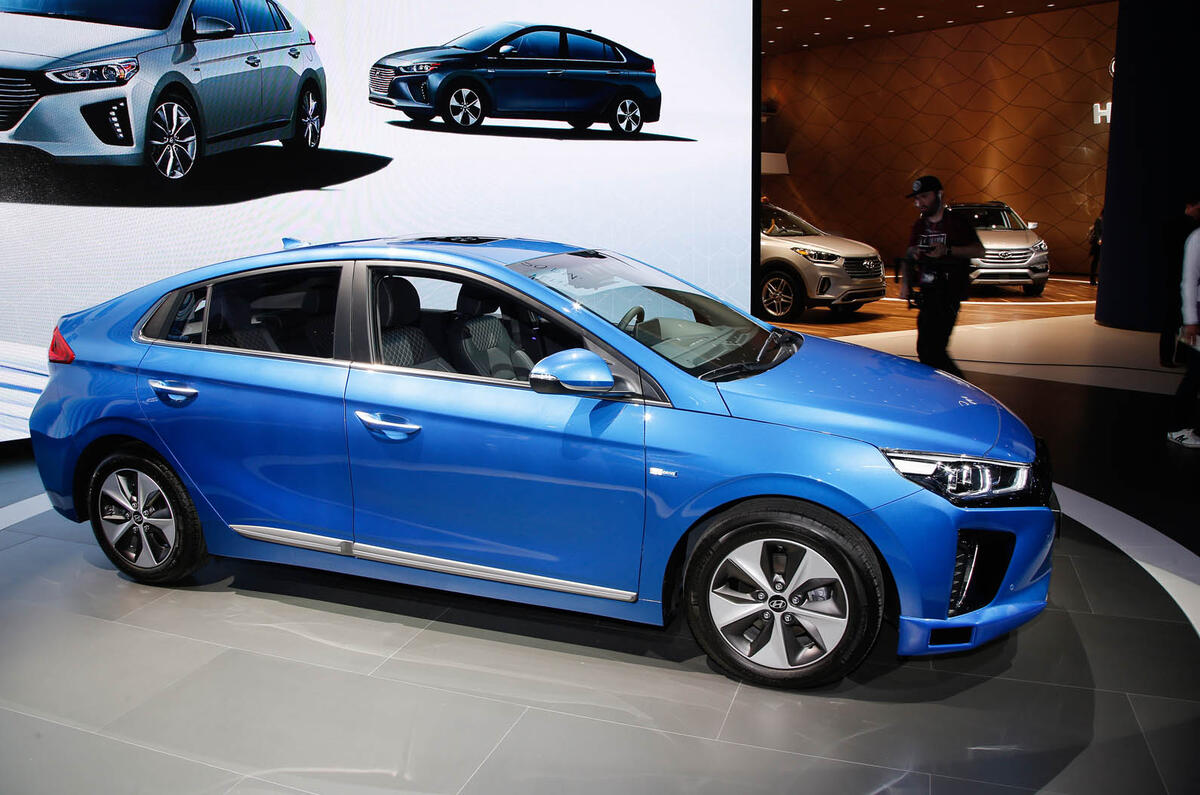
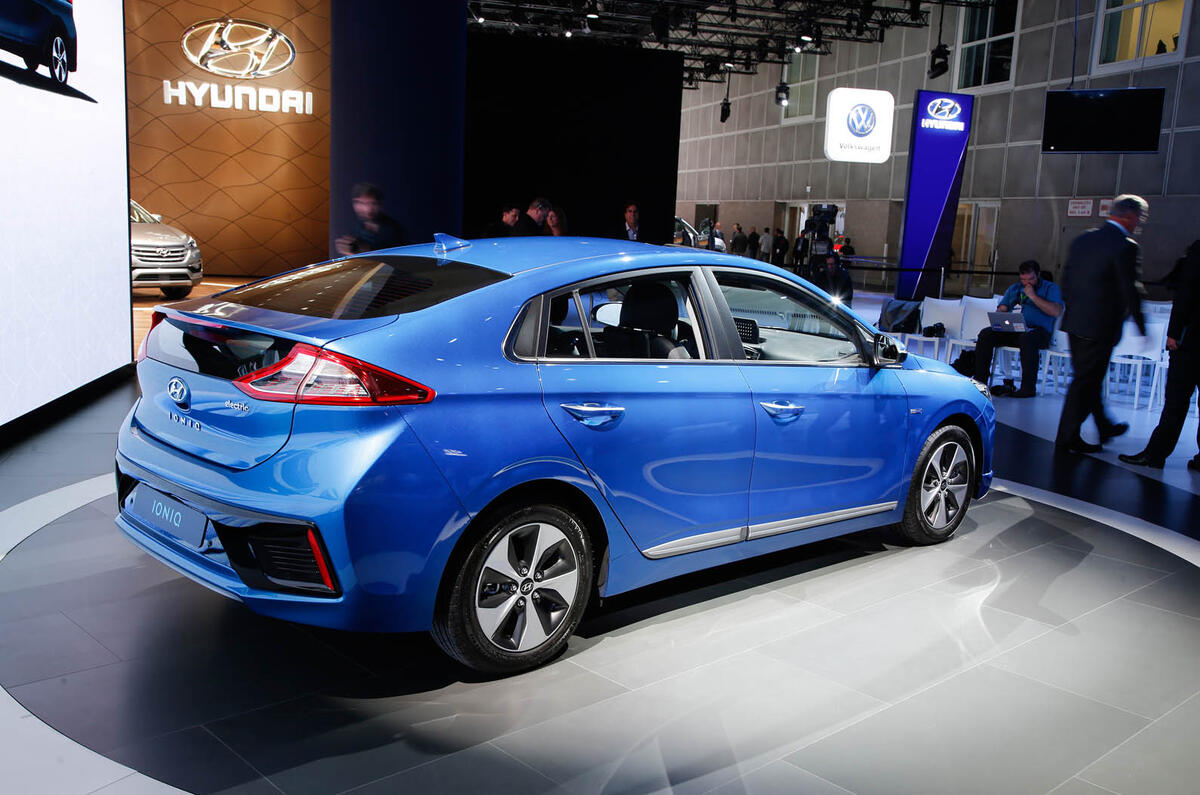
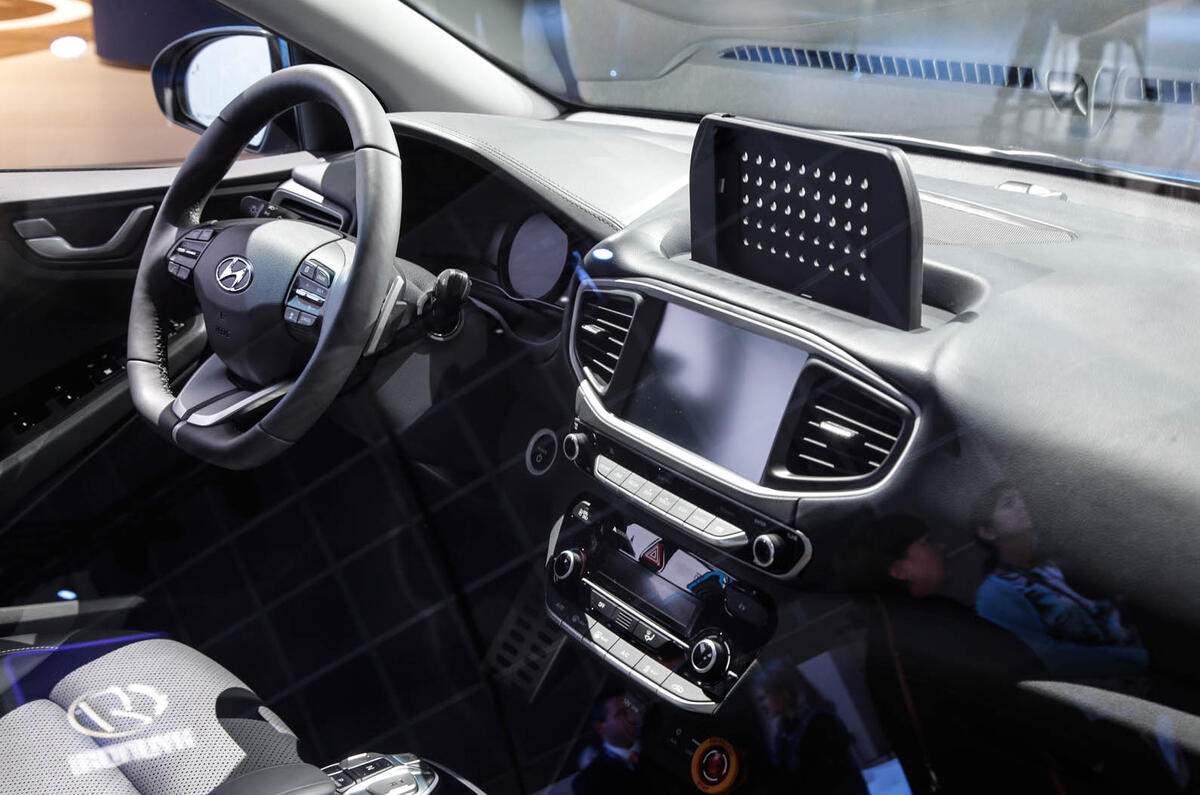

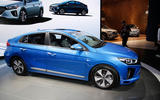
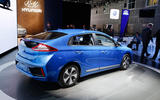
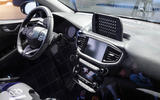
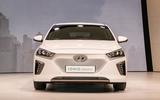



Add your comment